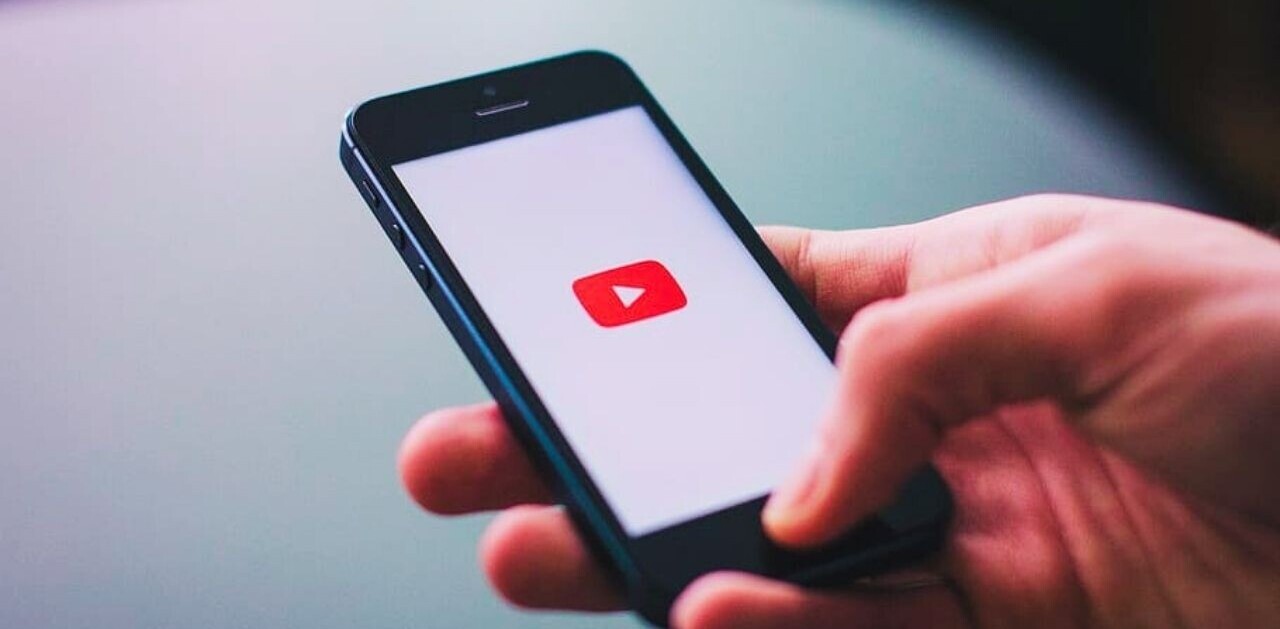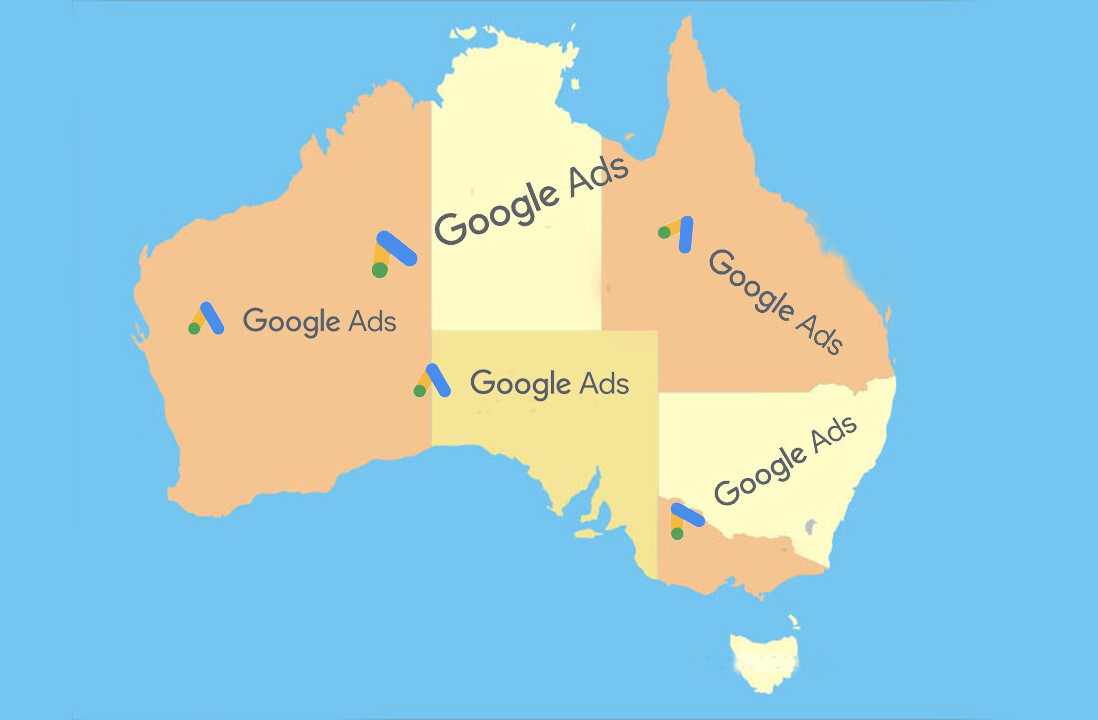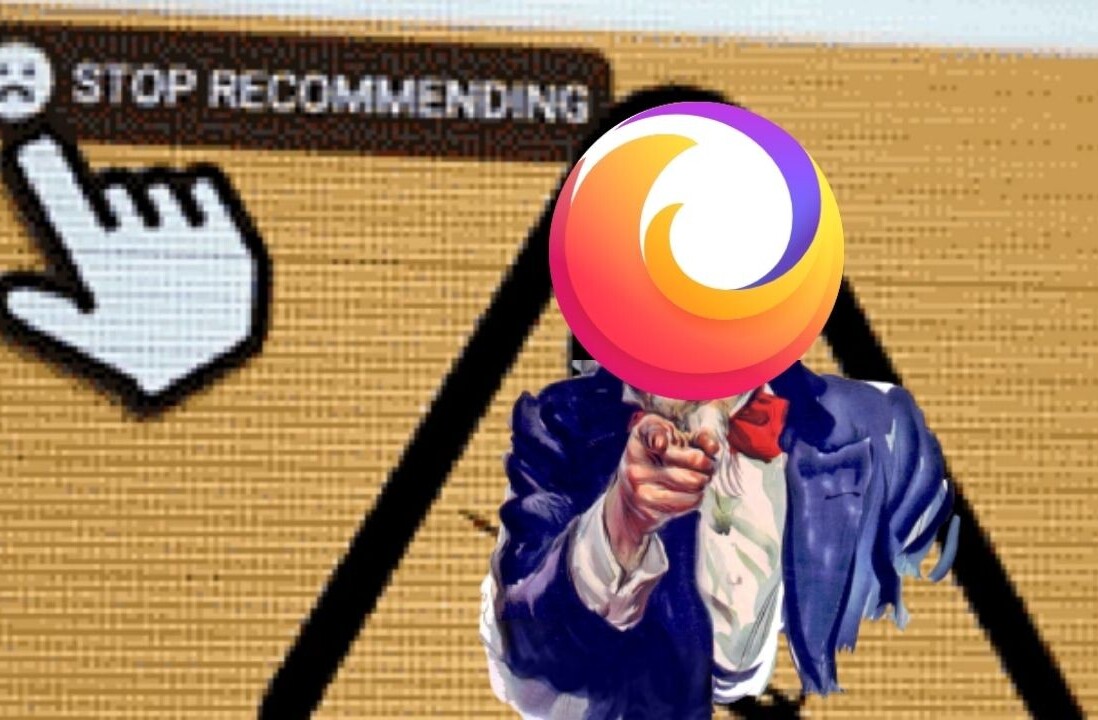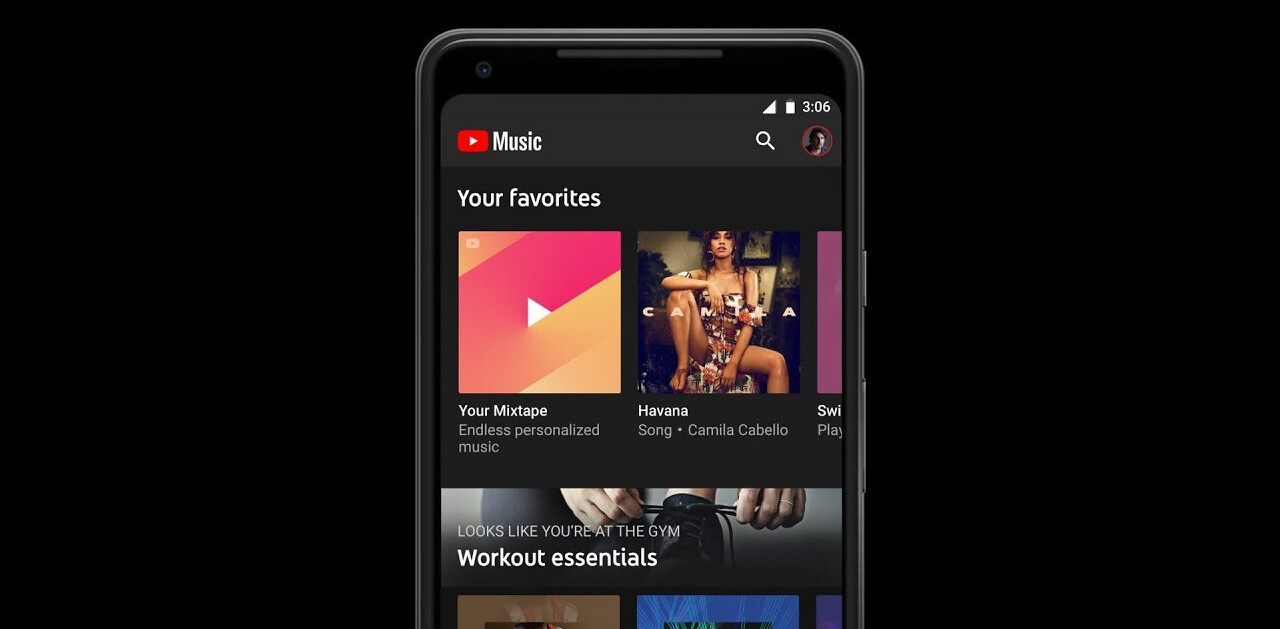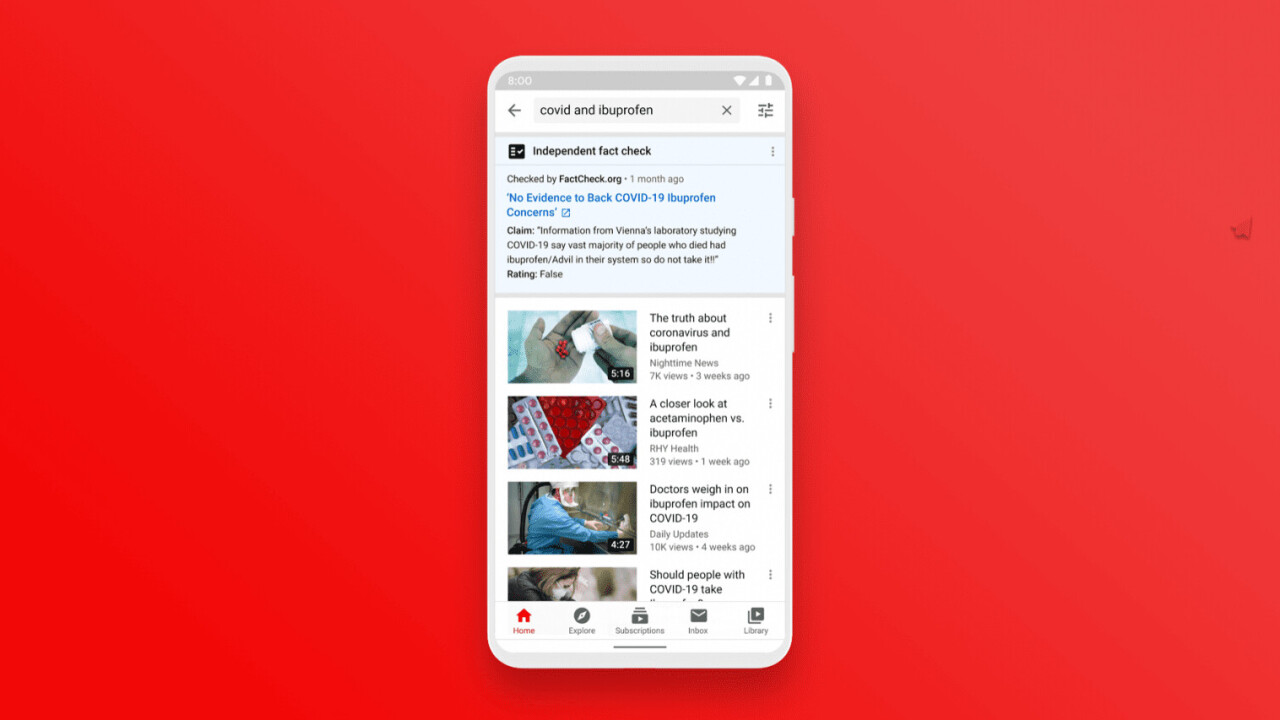
YouTube today announced it will begin to provide fact-check search queries in the US. The video giant had previously rolled out the feature in Brazil and India last year, but today is the first time the feature is rolling out stateside.
When you look up a piece of news or a potentially false claim on YouTube, you’ll now see a blue box labeled ‘independent fact check’ with a link to relevant information above the search results. The box both specifies the claim being made and tells you if it’s true or false.
The info box will only appear is there is a “relevant fact check article available from an eligible publisher.” The company also clarifies that the search queries will need to be specific enough to trigger a fact check. “For example, if someone searches for ‘did a tornado hit Los Angeles,’ they might see a relevant fact check article, but if they search for a more general query like ‘tornado,’ they may not, says YouTube in a blog post.

YouTube says over a dozen US publishers are currently participating, including The Dispatch, FactCheck.org, PolitiFact, and The Washington Post Fact Checker. Any publisher is welcome to contribute “as long as they follow the publicly-available ClaimReview standards and are either a verified signatory of the International Fact-Checking Network’s (IFCN) Code of Principles or are an authoritative publisher.”
As misinformation continues to spread rampantly on the web, especially in the wake of the coronavirus pandemic, social networks have increasingly turned towards integrated fact-checking services to make sure users aren’t led astray. Facebook, for instance, has been doing so since it faced backlash over misinformation during the 2016 elections.
YouTube says it will take time for the system to run at full gear, and that it will roll out the feature to more countries as its algorithms become more accurate.
Get the TNW newsletter
Get the most important tech news in your inbox each week.

